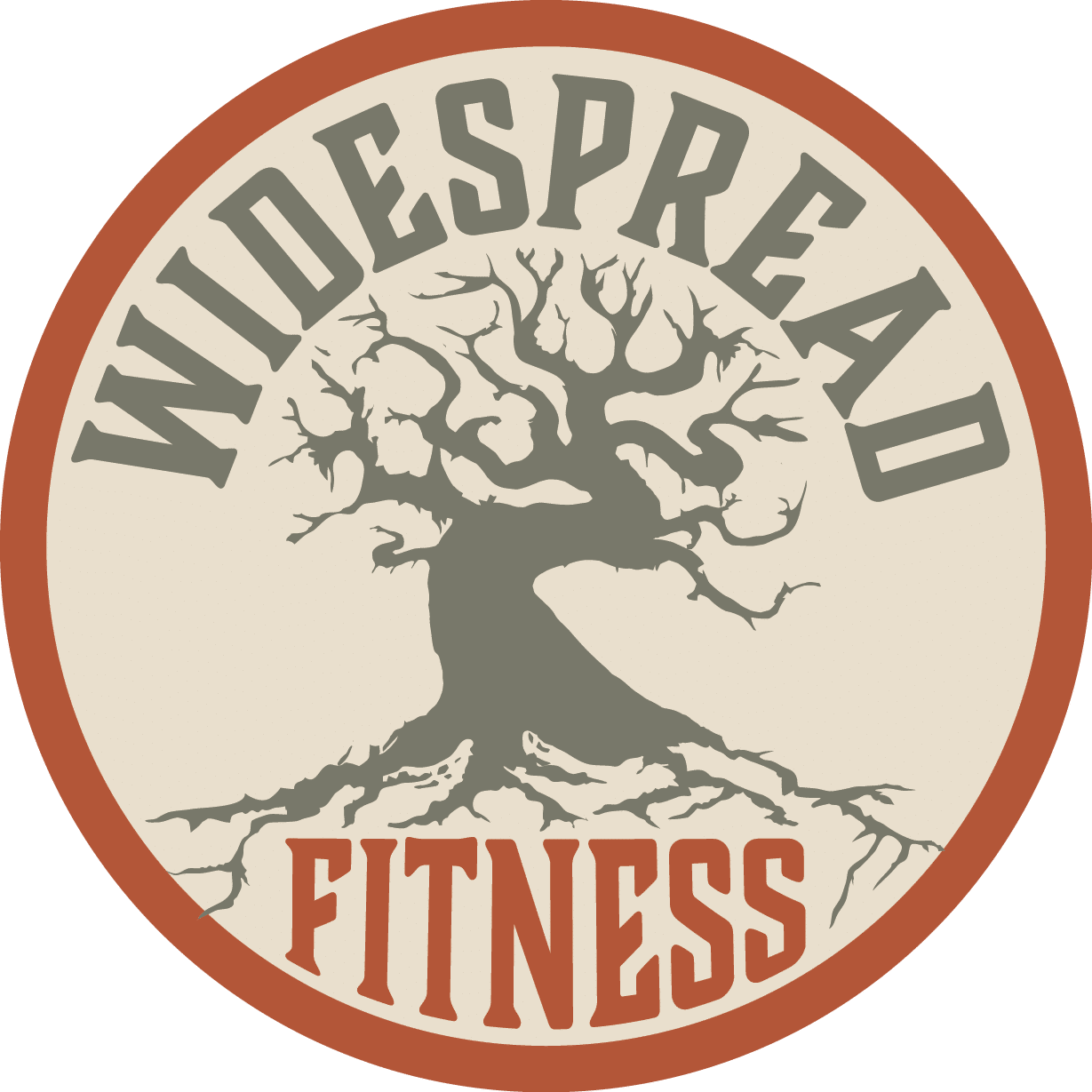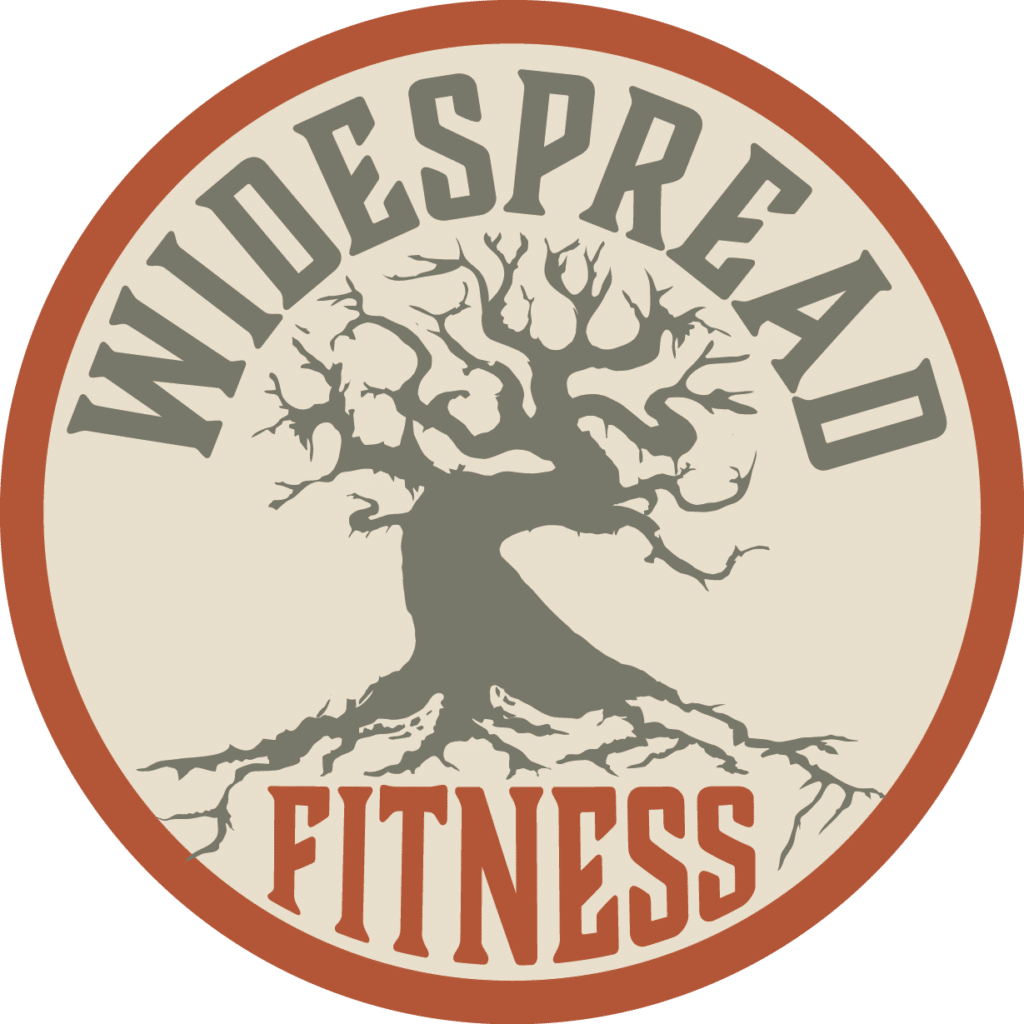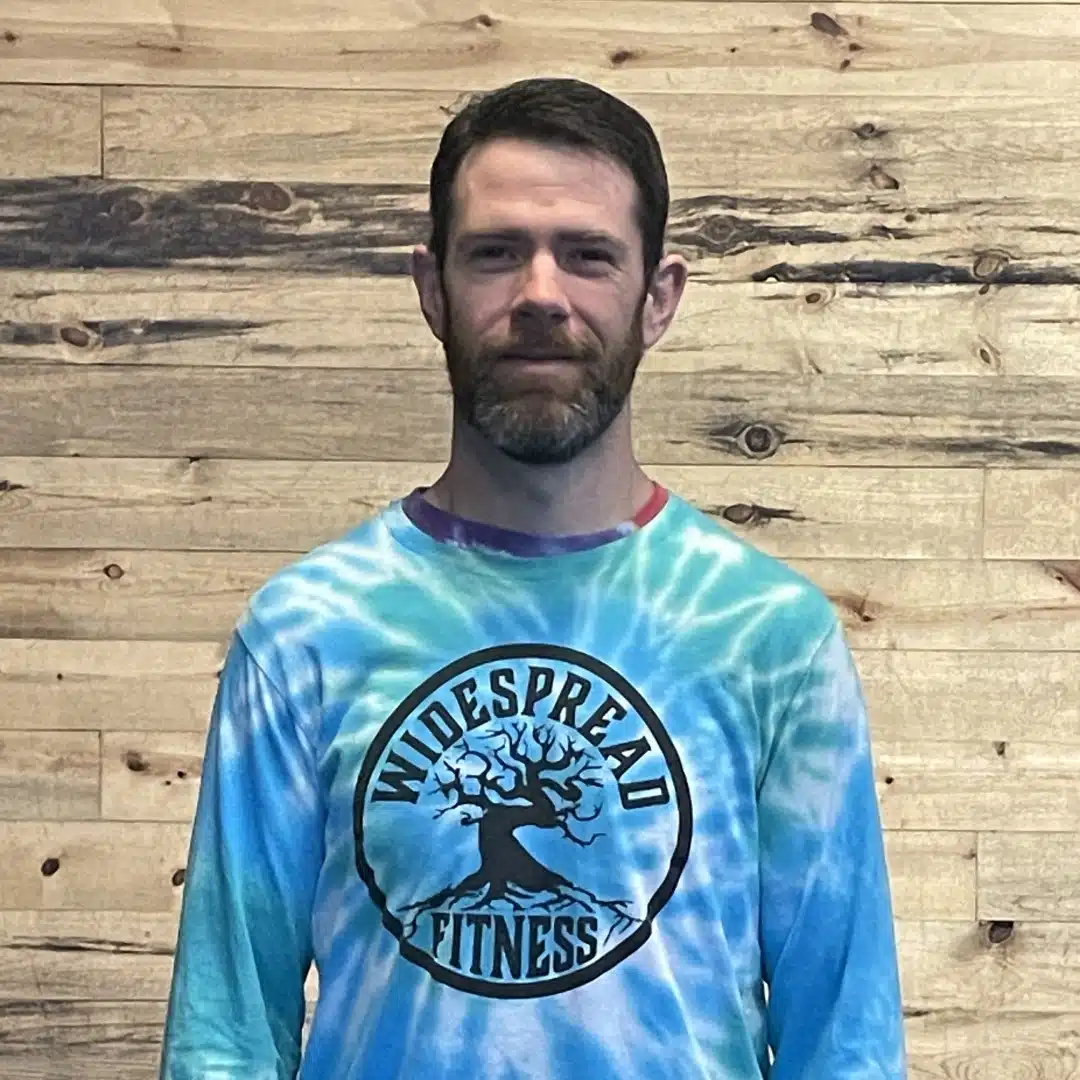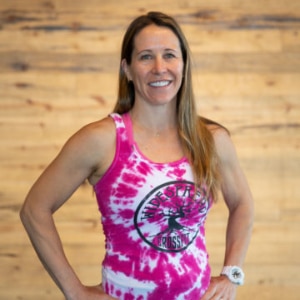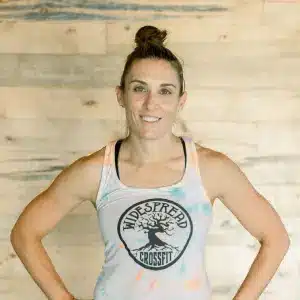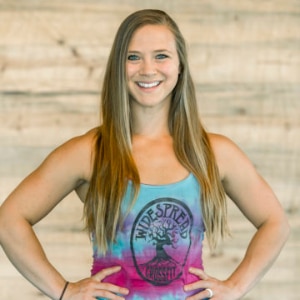I’ve been nursing a sore shoulder for what feels like months now. It has been so long I don’t recall what it feels like to sleep on my left side without discomfort. I’ve done all the responsible things: I’ve been to PT to verify it’s not a major injury; I’m rolling and stretching; I’m modifying workouts, which is the worst part of it all– making necessary modifications to get safely through each workout without pain. This is not a unique story. Most of us at one time or another have experienced aches and pains that refuse to go away. One unfortunate consequence of consistent hard work is the occasional over-use injury. It’s not always indicative of poor technique or pushing too hard but is more likely your body’s natural response to over-work. So, what is our most common response? Unfortunately, many of us respond by changing very little and hoping it “just goes away.” We don’t like to admit to not feeling great, and we really don’t want to change what we are doing. If you don’t want to visit a physical therapist and do the necessary stretching and rolling, etc., then at least tell your coach what is going on.
As coaches, we are constantly asking athletes how they’re feeling so we can respond to their individual needs. We aren’t there just to facilitate the workout and manage Spotify. Our goal is to challenge you and keep you safe in the process. We can customize a workout for you while protecting that aching back or sore shoulder; we just need you tell us what is going on. There’s a curious human dynamic we all work hard to fight through when admitting we don’t feel great, but there is nothing more important than telling your coach about the ache in your lower back if we’re deadlifting or swinging heavy kettlebells! “Scaling” a WOD is simply taking a different path to the same destination. It’s the coach’s job to navigate the route to safely avoid any trouble spots and ensure the athlete gets a challenging workout. The goal for any athlete is consistency, which requires doing the work and monitoring the body to optimize recovery and avoid injury. The two are not mutually exclusive.
So, talk to your coach and share what is going on. Let us do everything we can to help you get a hard workout and stay consistent. Missing several weeks of workouts takes an emotional and physical toll far greater than ‘admitting’ to your coach your shoulder is sore.
-Chris Jackson, Group Fitness Coach
